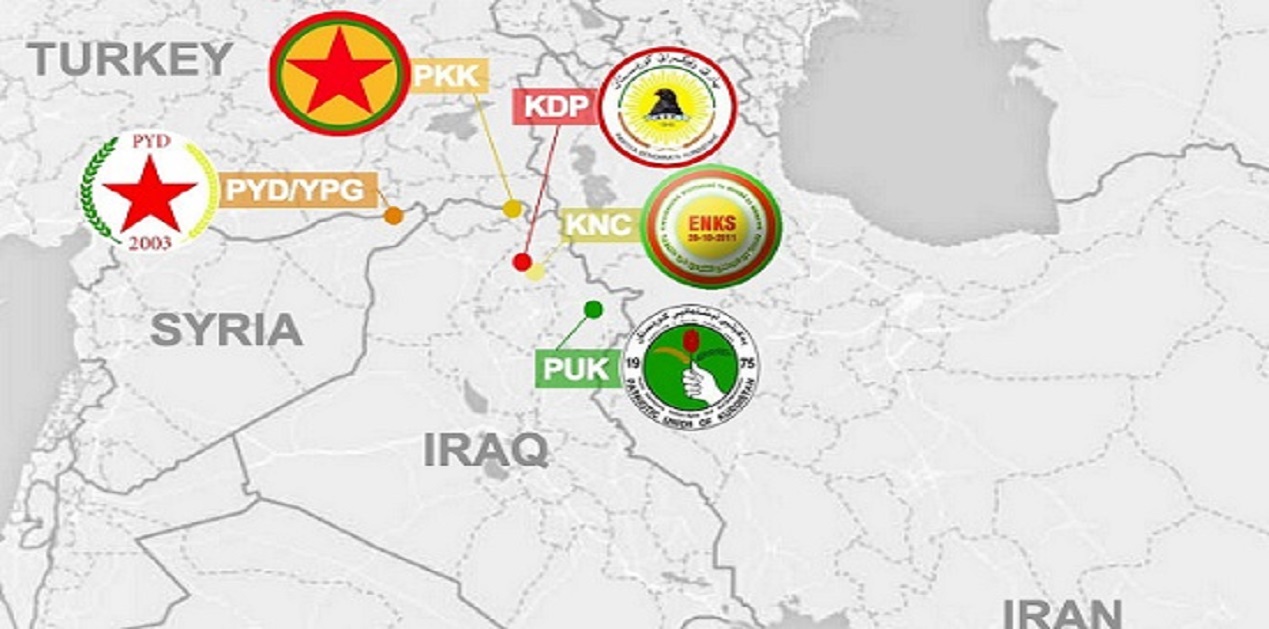While the Russia-Ukraine war and the patriotic histrionics of Zelensky, obduracy of Putin and bluffing by the West and incongruity of Biden hog the limelight of media and the paparazzi across the spectrum, the forever wars especially in the Middle East continue apace taking the toll in their stride. Perhaps they are not as sexy and European in nature. But they hurt all the same. Fortunately, one can keep fingers crossed as they stay under the threshold. Even some efforts have been made by warring parties to that effect. Let’s briefly look at what’s happening in other theatres in the region from Libya to Syria to Yemen to Palestine where scores of refugees have been waiting for years to find way back to their homes. Untold miseries are being heaped on them by their own people and politicians as well as the hegemonistic powers. Pretexts are aplenty.
In Yemen, with the help of the UN a two months ceasefire, during the Ramadan period, was achieved and is mostly holding out. Saudi led coalition has been working to achieve some compromise so that they could get out of this unwinnable war that has been taxing the Kingdom. Houthis, supported by Iranians, continue to maintain surprise elements of attack at key strategic locations with much greater impact. Removal of Abed Rabbo Mansour Hadi the President and establishment of a Presidential Leadership council led by Rashad Al Alimi to rule and negotiate with Houthis with some efforts by Tehran are helping to deescalate the crisis. Recently held consultations (March 29 to April 7) at the GCC Headquarters in Riyadh affirmed a common conviction that the GCC represented a natural extension and strategic depth for Yemen, and that the future of both was linked, while emphasizing the need for enhanced integration. US Secretary of State Blinken urged Alimi to work for a negotiated settlement and underscored the need to seize the momentum from these positive developments to secure a lasting ceasefire and a comprehensive peace process. But the ground situation remains undeterred as over 2000 ceasefire violations mostly attributed to Houthis were reported since April 2 when it was agreed to ceasefire. Prospects of a lasting peace remain fragile.
Holy month of Ramadan, when prayers, piety and peace are prayed for, Jerusalem, West Bank and Gaza appear to be fated for continued skirmishes and occasional provocations and excesses by the Israeli forces on the protesters and praying thousands at Al Aqsa -the third holiest mosque for Muslims have become a regular feature. Violence ensues. It has the potential to repeat the Israel -Gaza conflicts of the past and the most recent one was more destructive. Last time it was more to do with politics of Netanyahu and Hamas who were trying to secure greater legitimacy for their respective causes by being saviours of the faithful. This time round also hundreds of Palestinians have been injured and delicate and dangerous situation prevails as Hamas launches rockets from Gaza towards southern Israel and the Jewish state responds with ferocity. No one wants the repeat of 2021. While Arab leaders and OIC have condemned the excesses on Muslims and Palestinians and violation of the sanctity of holy places by the Jews and Jewish state the US and UN and other western countries are urging for calming the tensions as their hands are full elsewhere in Europe. The Naftali Bennet Government, which is a stitched alliance(from ultra-right to leftists ) even with Arab parties, holding on by the single vote advantage is trying to keep the situation from falling beyond repair and has closed the Al Aqsa mosque for non- believers and the Erez crossing to Gaza to impose economic penalties on Hamas .
Meanwhile, UNSG Guterres spoke to PM Bennet and Palestine President Abbas and "reiterated that the status quo at the Holy Sites must be upheld and respected’. King Abdullah II of Jordan, who is the custodian of Al Aqsa Mosque and Christian sites including Church of Sepulchre (where also skirmishes happened), went in overdrive talking to Arab leaders and international community to tame Israeli aggressions . Fact remains, if this century old Palestinian problem is not resolved amicably- West Asia will find it difficult to remain even in a tenuous peace through Abraham Accords.
Arab Spring 1.0 & 2.0 have come and seem to have gone during the past decade. But political and security crisis and instability prevails and threatens the regional security. Tunisia which could boast of being a partial success has fallen back into a political and constitutional morass. Sudan is struggling. Algeria and Morocco are spewing their wrath against one another. Lebanon remains on the verge of utter bankruptcy and political instability even as Saudi and other Gulf Ambassadors return to Beirut calling it a truce. Syria’s travails are still not over even though President Bashar al Assad is trying to wade through the regional chess game (laid down by Turkey and Israel) with Moscow’s backing but is hopeful of closer ties with Gulf States like UAE, Bahrain and Oman especially in its reconstruction efforts .
Libyan political landscape remains fraught with uncertainty as power tussle between PM Abdul Hamid Dbibah (whose term expired and refuses to leave) and the new PM designate Fathi Bashagha trying hard to maintain his tightrope walk through the competing power blocs of the East and West and to keep the oil flowing as militias hold sway. A fractured polity and irreverent ambition of Libyan strongmen and political leaders have become the root cause of instability in the country. Elections, functional constitution and eventual power transition still remain a mirage.
Egypt that has changed its political style and is reacquiring salience in the region, seems happy with President Sisi’s calls for a comprehensive political dialogue compatible with the notion of building or launching the new republic. Iran, meanwhile, is banking on the resumption of JCPOA (nuclear deal) broadly on its terms so as to reap the economic benefits and immediately address the challenges caused by the pandemic and sanctions.
Nearly everything is in a state of suspension in the region as key players are trying to work out a modus vivendi among themselves. It was evident from the less than enthusiastic reactions of the major regional powers like Saudi Arabia and UAE and even Israel to US and western demarche to condemn the Russian aggression against Ukraine that is having a direct impact on them as well. Turkey and Israel and others are trying to play cupid between Moscow and Kiev. But it will have to be seen, in the post Ukraine crisis ,as to how the super powers will eventually behave in the region and who would be their preferred partner of choice, since options have opened up for the regional satraps.
(The paper is the author’s individual scholastic articulation. The author certifies that the article/paper is original in content, unpublished and it has not been submitted for publication/web upload elsewhere, and that the facts and figures quoted are duly referenced, as needed, and are believed to be correct). (The paper does not necessarily represent the organisational stance... More >>
Image Source: https://www.outlookindia.com/website/story/kurdistan-votes-for-freedom-and-takes-west-asia-towards-ethnic-conflict/302324










Post new comment